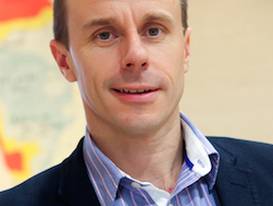
ESG and Private Equity: Phatisa’ experience
AGF’s Anna Lyudvig sits down with Stuart Bradley, Senior Partner at Phatisa, to discuss ESG (environmental, social and governance) principals and how to apply them to a private equity portfolio

AGF’s Anna Lyudvig sits down with Stuart Bradley, Senior Partner at Phatisa, to discuss ESG (environmental, social and governance) principals and how to apply them to a private equity portfolio
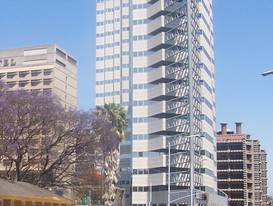
The Zimbabwean economy and its people have often been referred to as resilient, steadfast and even innovative. In local parlance, this innovation is often referred to as “making a plan” - an idiom which encapsulates a continual socio-economic process of adaptation to survive or even grow under tough economic conditions.
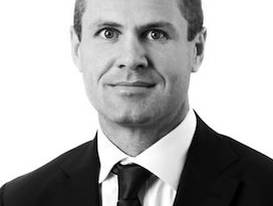
Over the long term value investing has proven to outperform other investment approaches, argues Jan van Niekerk, Chief Investment Officer of value-based asset manager RECM
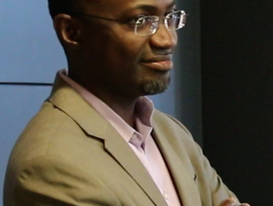
Africa Global Funds catches up with Yannick Lefang, Founder of SOKO Insight, an internet-based information platform that empowers business leaders and organizations with reliable data and actionable insights from Africa.

The Swiss Investment Fund for Emerging Markets (SIFEM), the development finance institution of the Swiss Confederation and a cornerstone of Swiss development cooperation, aims to promote long-term, sustainable and broad-based growth in developing and emerging countries. SIFEM, which has around $600m and a 30% allocation to Africa, is advised by Obviam, a privately owned advisory group. AGF speaks with Andrea Heinzer, Chief Investment Officer and Partner at Obviam, about Africa strategy, private equity and recent deals.

Egypt has witnessed speedy economic recovery since 2013. Last year, its financial market was declared as the fastest growing in the world. As the country continues to attract foreign capital, Anna Lyudvig explores opportunities in the Egyptian stock market, outlining how to find good bets and address risks
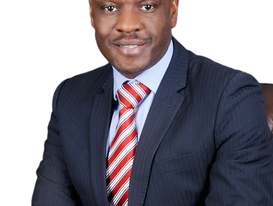
While Africa’s large stocks of natural resources, growing private consumption, and surge in trade offer ripe opportunities for long-term investors, the continent is falling behind in sustainable development. Future economic growth in the region requires reliable and cost-efficient sources of power, a significant increase in the efficient use and re-use of water and waste resources, more efficient logistics, and much-enhanced agribusiness infrastructure. AGF catches up with Sulanji Siwale, Managing Director at Global Environment Fund and co-leader of the GEF Africa Growth Fund, to discuss how the asset manager is addressing those challenges.
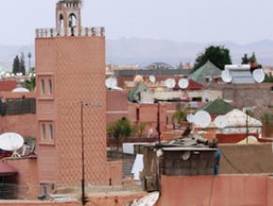
The news out of the Maghreb region has not been particularly encouraging recently: Tunisia’s economy seemingly suffered a major body blow with the terrorist attack on tourists on June 26, while the decline in oil prices over the past year has had a major impact on Algeria’s public finances. Meanwhile, events in Morocco have been relatively low-key, but the economy appears to be entering a phase of faster economic growth.
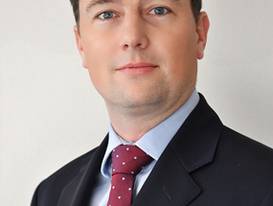
XSML Capital is an independent private equity fund manager, with a focus on the Central African region. While building and managing funds for these markets, XSML, eXtra Small Medium Large, provides so much needed finance and management expertise to SMEs in post-conflict countries. The impact investor, which is managing the Central Africa SME Fund, is currently fundraising its second fund: the African Rivers Fund. AGF catches up with Jarl Heijstee, Managing Partner at XSML Capital, to discuss details.
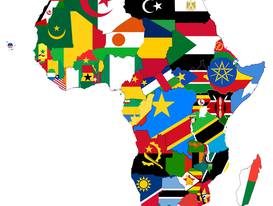
Out of 120 countries, covered by the 2015 Venture Capital & Private Equity Country Attractiveness Index, South Africa and Morocco score highest, coming in at 37th and 50th, whereas Chad, Angola and Burundi are among the least attractive investment destinations in the world.

Nigeria has lost a lot of credibility with the unceremonious removal of ousted central-bank governor Lamido Sanusi, and Nigeria has continued to lose further credibility with a host of poor decisions made by the bank since he left, argues Akin Sawyerr, Founder & CSO of Market Atlas.

The African Agriculture Fund (AAF) is a unique investment vehicle, which provides equity funding to private companies in the African agricultural and food-specific sectors. It strives to make a positive impact on African agriculture and food production. Through its funding, portfolio companies are able to implement strategies that enhance and diversify food production and distribution in Africa, in response to the continent’s food security challenges.

Industry veteran Dr. Mark Mobius, Executive Chairman, Templeton Emerging Markets Group, Franklin Templeton Investments, has been investing in global emerging markets for more than 40 years. He joined Templeton in 1987 and currently directs the Templeton research team, which is based in 18 global emerging markets offices, and manages emerging markets portfolios including Africa. AGF sits down with Dr. Mobius to discuss his career, the Templeton Africa Fund and opportunities that he sees in the “Last Frontier”.

The potential for exceptional returns via the private equity route remains very high, but also poses some significant challenges, says Pieter de Wet, Head of Research at Novare Equity Partners